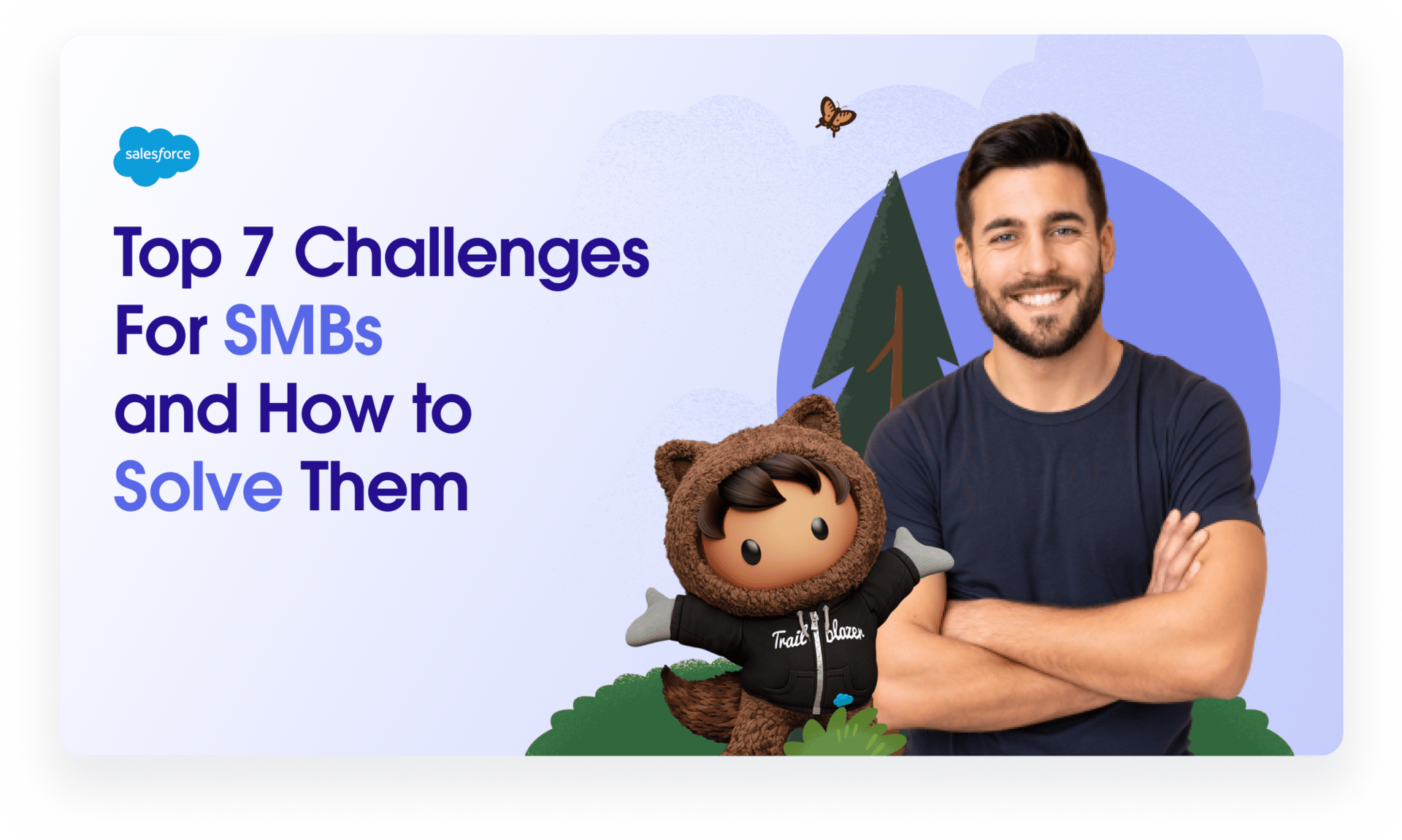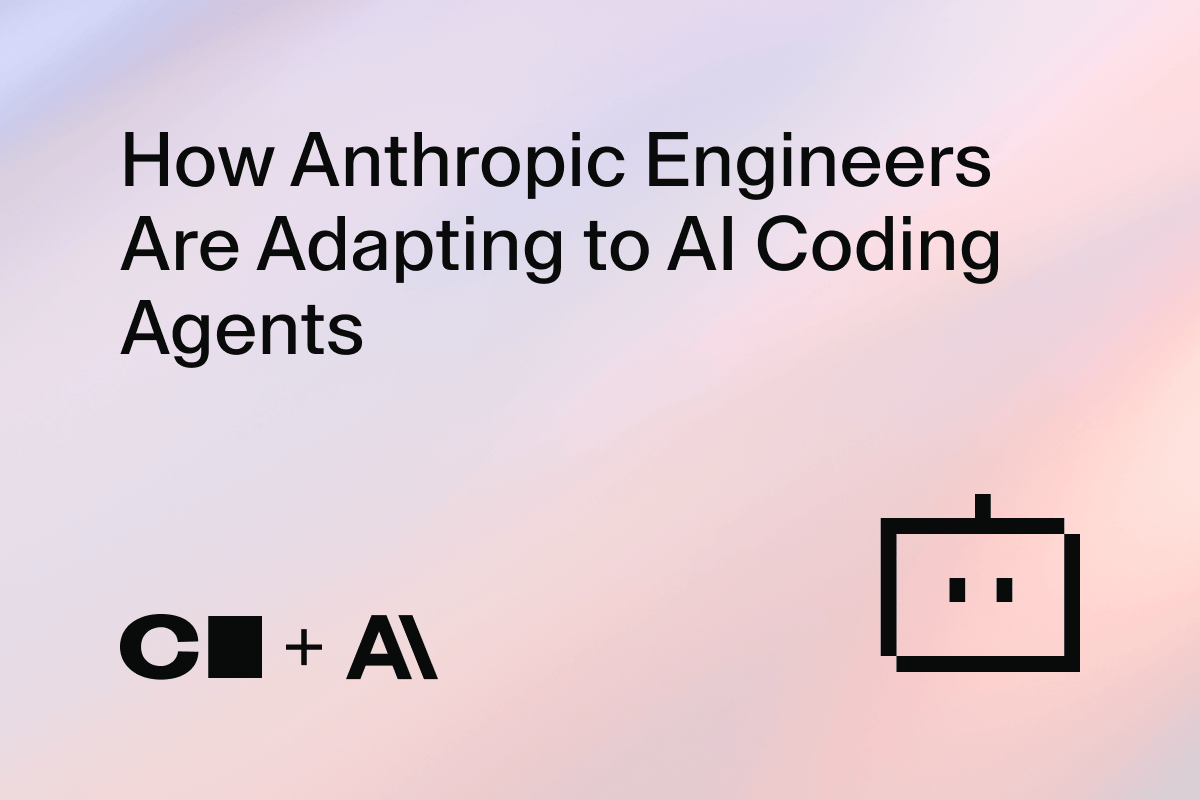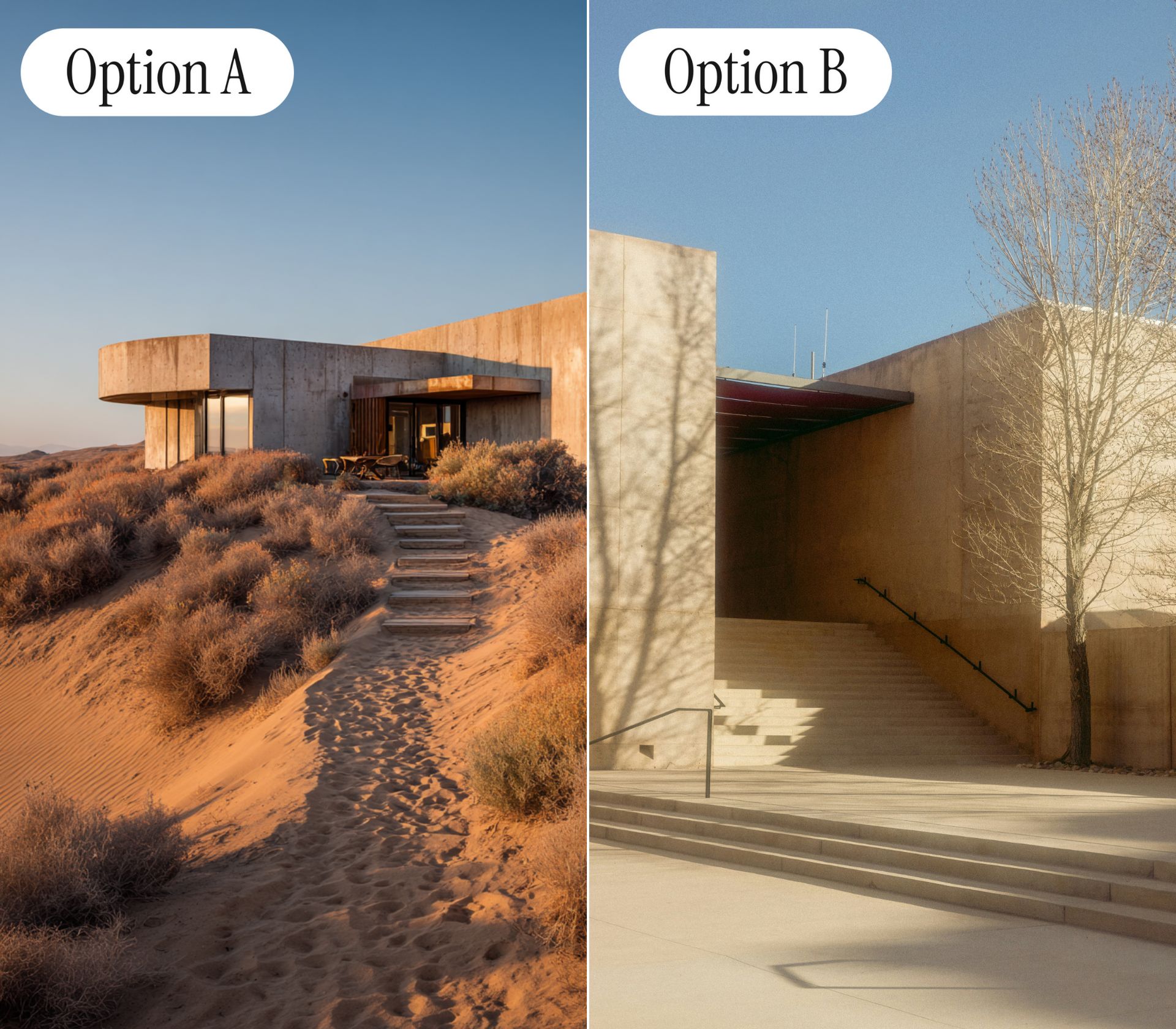- The Deep View
- Posts
- ChatGPT co-creator becomes Meta's Chief Scientist
ChatGPT co-creator becomes Meta's Chief Scientist
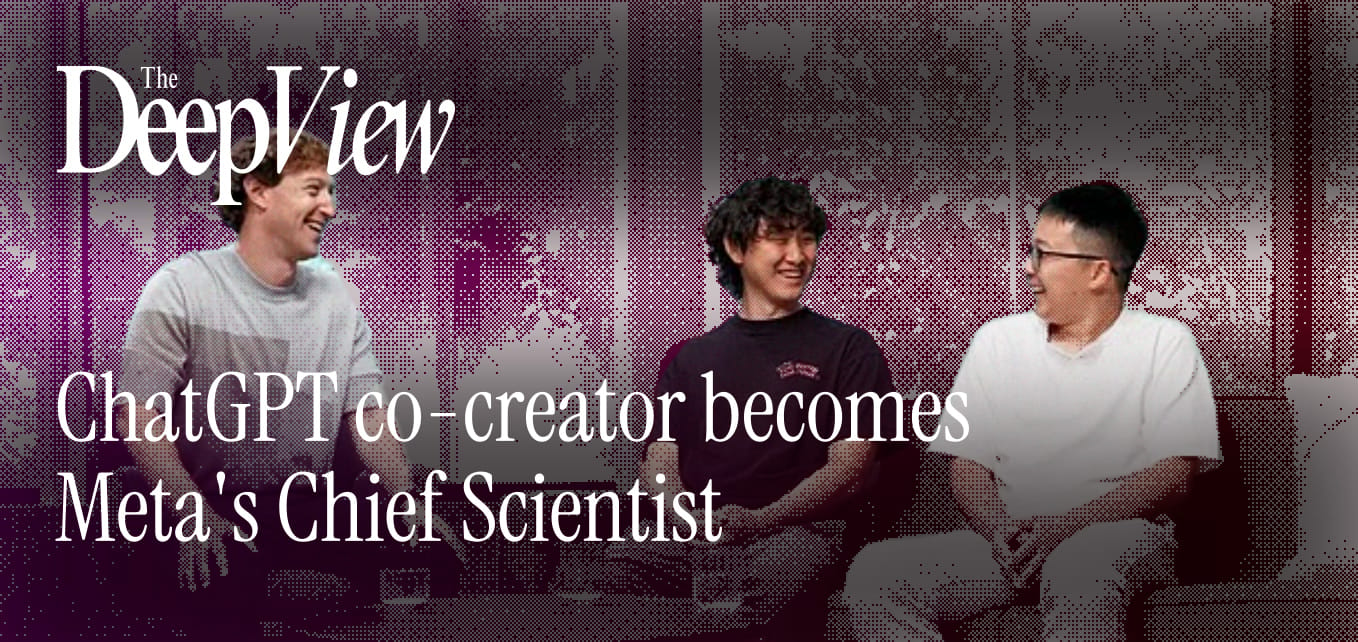
Welcome back. I'm sure you've seen the endless memes of that viral Coldplay "kiss cam" where Astronomer's CEO and Chief People Officer awkwardly tried to dodge the camera, prompting Chris Martin to joke, "Either they're having an affair or they're just very shy." Well, after both executives resigned from the fallout, the data startup just hired Gwyneth Paltrow as their "temporary spokesperson" to move past the scandal. Yes, that's right—they hired Chris Martin's ex-wife to represent the company. You can't write crisis management this good.
1. Shengjia Zhao's promotion settles Meta's AI leadership structure
2. Sam Altman just told you to stop telling ChatGPT your secrets
3. DOGE's AI tool plans to delete half of federal regulations
THE AI RACE
Shengjia Zhao's promotion settles Meta's AI leadership structure
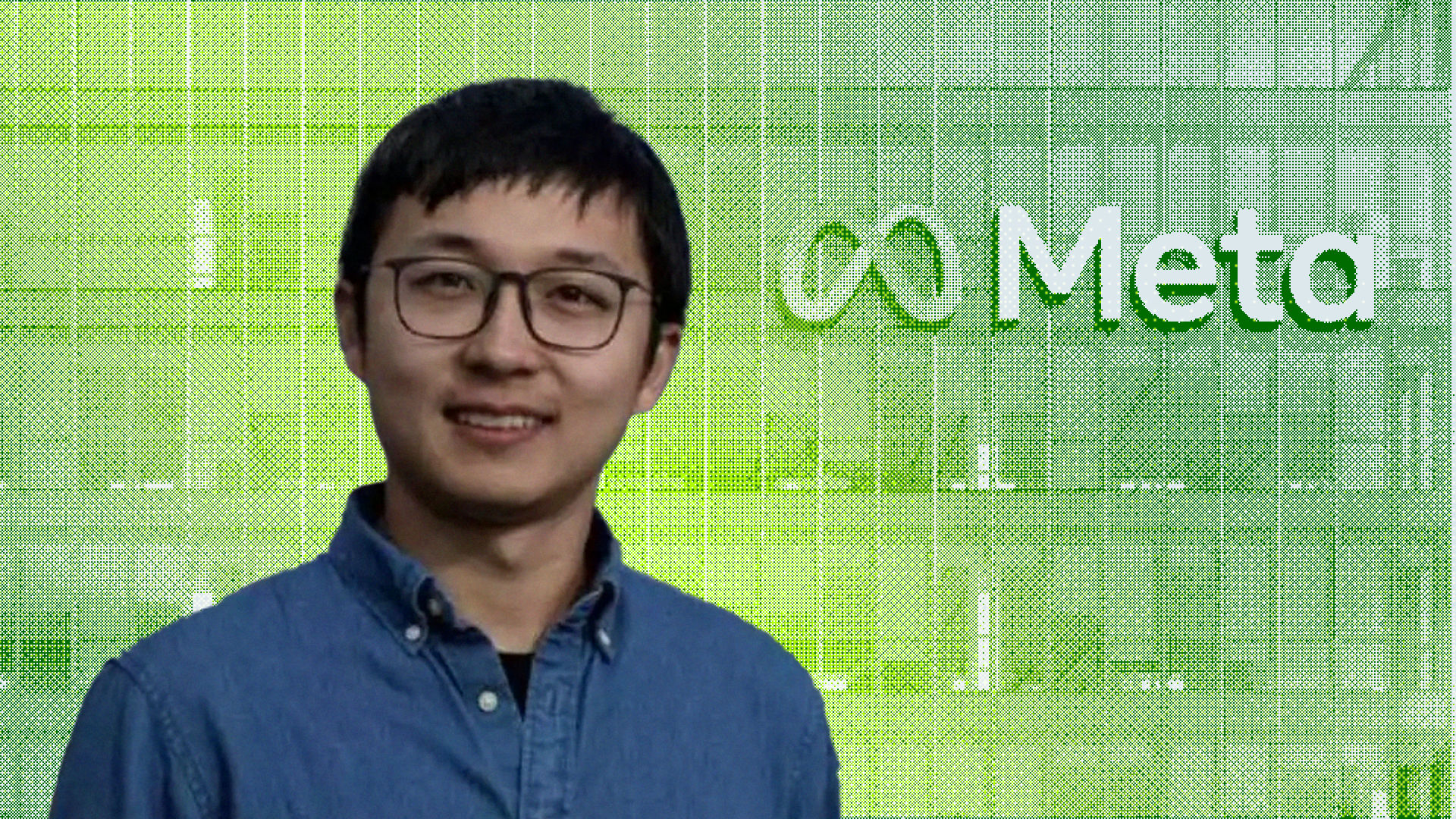
Meta just formalized what many suspected was coming. Shengjia Zhao, the ChatGPT co-creator who joined from OpenAI in June, is now Chief Scientist of Meta Superintelligence Labs. The announcement ends weeks of speculation about who would lead the scientific direction of Zuckerberg's most ambitious AI project.
"Shengjia co-founded the new lab and has been our lead scientist from day one," Zuckerberg wrote on Threads Friday. "Now that our recruiting is going well and our team is coming together, we have decided to formalize his leadership role."
The promotion creates an unusual organizational structure. Meta now has two chief AI scientists operating under different mandates. Zhao leads the commercially-focused superintelligence effort targeting near-term competitive threats, while Yann LeCun continues heading FAIR, Meta's fundamental research lab focused on 5-10 year research horizons. Both report to Chief AI Officer Alexandr Wang, though exactly how Meta's three AI units will coordinate remains unclear.
Zhao brings scientific credibility that Wang, despite his Scale AI success, couldn't provide alone. His expertise in synthetic data generation and chain-of-thought reasoning directly addresses Meta's biggest competitive gaps against OpenAI's latest models.
But Zhao's appointment reveals something important about Meta's strategic direction. Rather than betting on LeCun's world-model approach to AI, Zuckerberg is doubling down on the transformer-based paradigm that created ChatGPT. Zhao's track record suggests Meta Superintelligence Labs will focus on scaling and improving existing architectures rather than pursuing fundamentally different approaches to intelligence.
LeCun has publicly questioned whether current methods can achieve even "cat-level intelligence," while Zhao spent years perfecting those exact methods at OpenAI.
Meta is now pursuing both approaches simultaneously, but the resource allocation clearly favors Zhao's team, which has access to Meta's newest infrastructure, including the upcoming 1-gigawatt Prometheus computing cluster.

Zhao's promotion reveals Meta's fundamental strategic choice, and it's not the one you'd expect from a company claiming to pursue superintelligence breakthroughs.
By elevating the architect of OpenAI's incremental improvements over the pioneer of entirely new AI paradigms, Meta has chosen competitive catch-up over technological leapfrogging. Zhao perfected making transformer models bigger and more capable through techniques like chain-of-thought reasoning. These are valuable engineering advances, but they're fundamentally incremental improvements to an existing paradigm. LeCun advocates for world models that learn by observing physical reality, which could represent a genuine architectural breakthrough.
This isn't necessarily wrong. Meta needs competitive Llama models more than research papers about hypothetical future architectures. But it encourages the superintelligence branding as more marketing than genuine scientific ambition.
TOGETHER WITH SALESFORCE
Can You Solve These Top SMB Challenges?
Salesforce recently put together a list of the Top 7 Challenges For SMBs, which includes everything from the classic (managing growth with lean teams) to the cutting edge (adopting AI without losing the human touch). But did they stop at identifying the challenges? Nope – they went ahead and solved them, too.
From meeting with experts and breaking down real-world examples to finding the most useful tools for small business owners like you, all their biggest takeaways are compiled in this handy report (which you can download for free).
PRIVACY
Sam Altman just told you to stop telling ChatGPT your secrets
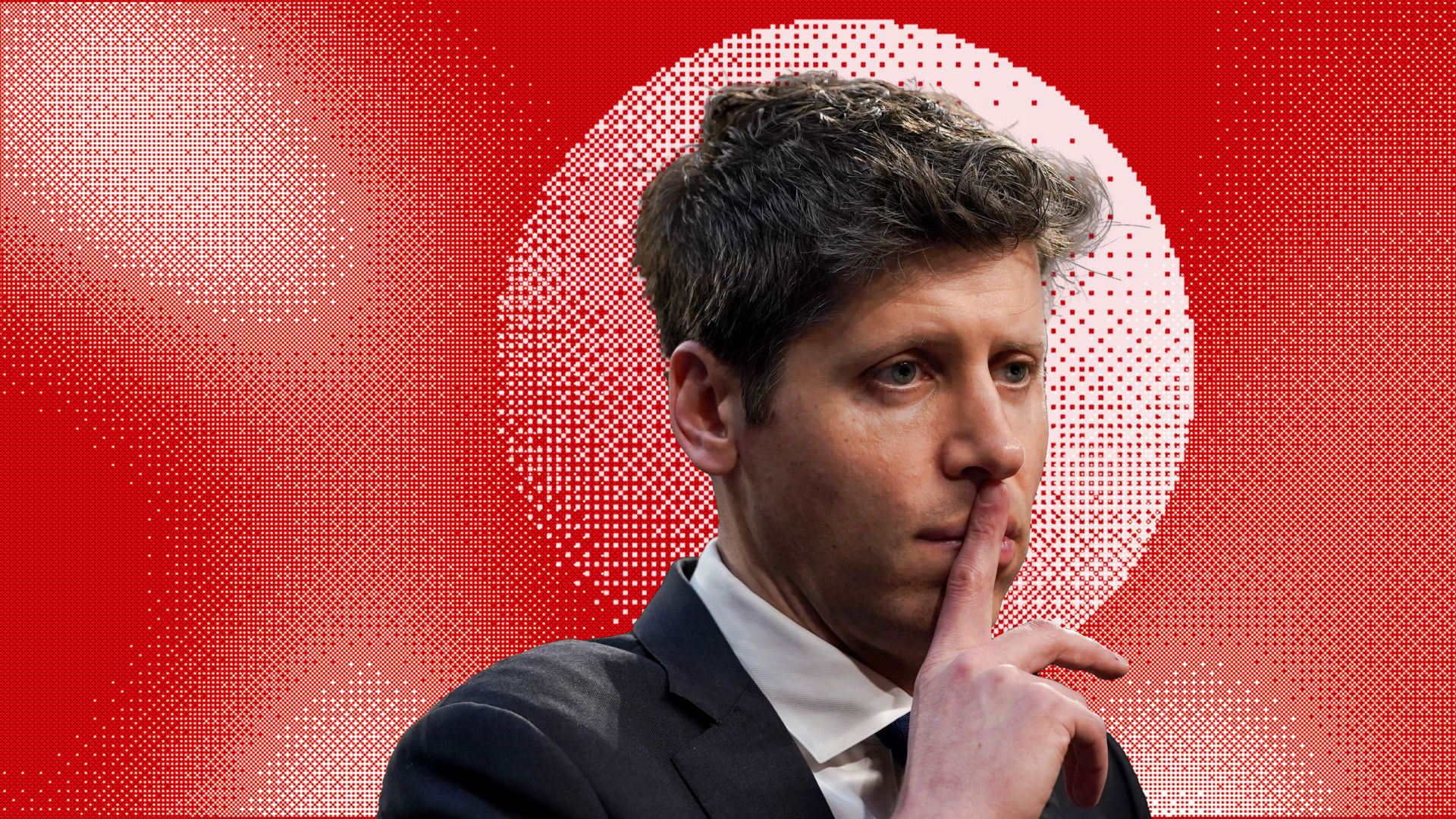
Your digital therapist just became a potential witness.
Sam Altman issued a stark warning last week about those heart-to-heart conversations you're having with ChatGPT. They aren't protected by the same confidentiality laws that shield your talks with human therapists, lawyers or doctors. And thanks to a court order in The New York Times lawsuit, they might not stay private either.
"People talk about the most personal sh** in their lives to ChatGPT," Altman said on This Past Weekend with Theo Von. "People use it — young people, especially, use it — as a therapist, a life coach; having these relationship problems and [asking] 'what should I do?' And right now, if you talk to a therapist or a lawyer or a doctor about those problems, there's doctor-patient confidentiality, there's legal confidentiality, whatever. And we haven't figured that out yet for when you talk to ChatGPT."
OpenAI is currently fighting a court order that requires it to preserve all ChatGPT user logs indefinitely — including deleted conversations — as part of The New York Times' copyright lawsuit against the company.
The court order affects ChatGPT Free, Plus, Pro and Teams users
Even "temporary chat" mode conversations are being preserved
Deleted chats that normally disappear after 30 days are now stored separately for potential legal review
This hits particularly hard for teenagers, who increasingly turn to AI chatbots for mental health support when traditional therapy feels inaccessible or stigmatized. You confide in ChatGPT about mental health struggles, relationship problems or personal crises. Later, you're involved in any legal proceeding like divorce, custody battle, or employment dispute, and those conversations could potentially be subpoenaed.
ChatGPT Enterprise and Edu customers aren't affected by the court order, creating a two-tier privacy system where business users get protection while consumers don't. Until there's an "AI privilege" equivalent to professional-client confidentiality, treat your AI conversations like public statements.

How Anthropic Engineers are Adapting to AI
Ever wonder how an AI-native company scales developer experience?
In this special live session, Coder will invite Anthropic's DevX leadership team to share how they’re evolving tools, processes, and mindsets to meet the demands of autonomous coding.
They'll cover what secure, scalable DevX looks like in AI-native environments, and where AI-driven workflows are headed next.
REGULATION
DOGE's AI tool plans to delete half of federal regulations
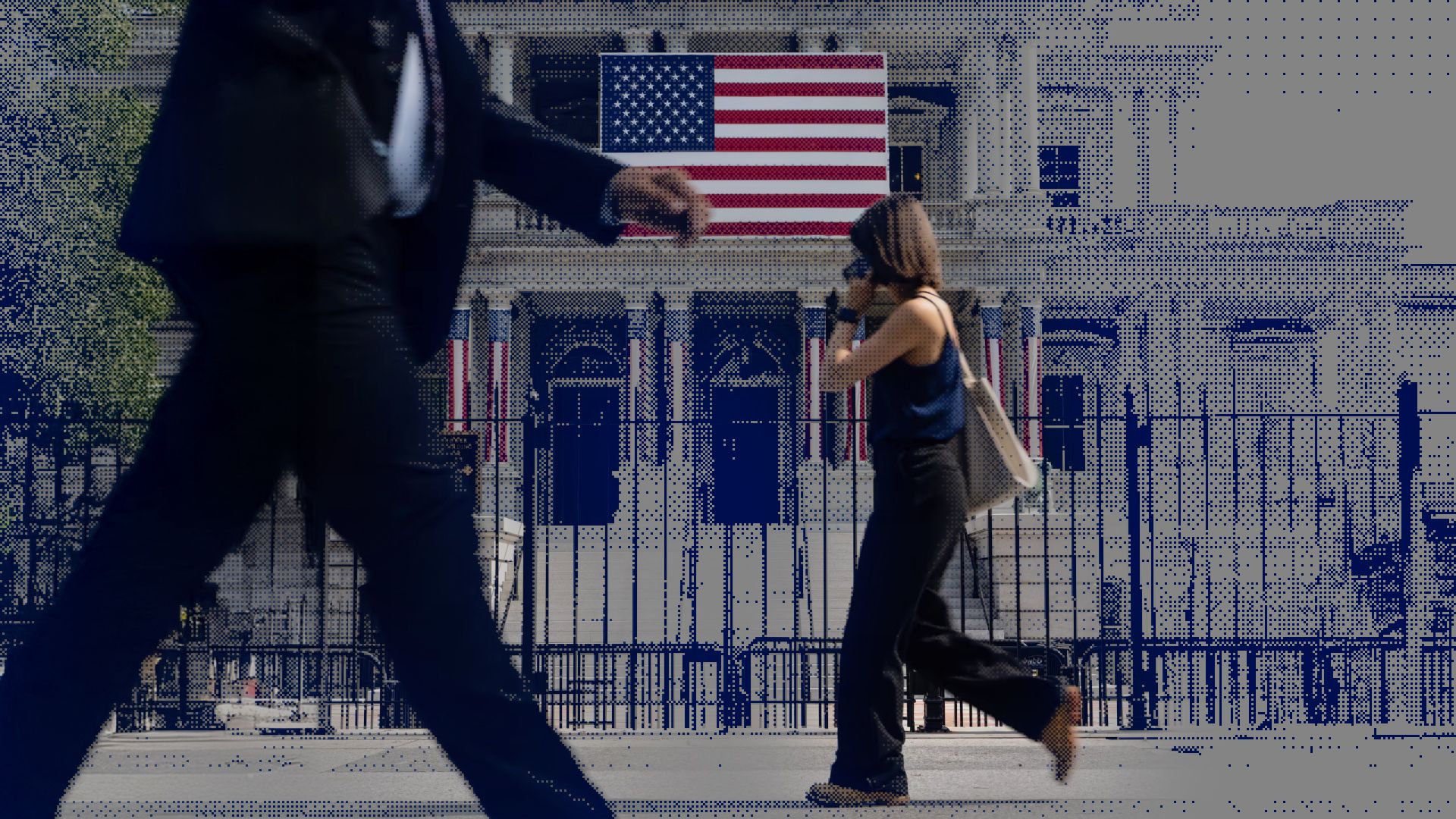
Eric Lee / WaPo
The U.S. DOGE Service is using a new AI tool to slash federal regulations, with the goal of eliminating half of Washington's regulatory mandates by the first anniversary of President Donald Trump's inauguration, according to internal documents obtained by The Washington Post.
The "DOGE AI Deregulation Decision Tool" is designed to analyze roughly 200,000 federal regulations and identify which ones can be eliminated because they're no longer required by law. The goal: delete about 100,000 rules by January 2026.
The agencies are supposed to finish their lists by Sept. 1, and this month, DOGE is supposed to start training staff at agencies on how to use the AI tool.
Here's where it gets interesting. The tool has already completed over 1,000 regulatory decisions at the Department of Housing and Urban Development (HUD) in just under two weeks and automated the entire deregulation output at the Consumer Financial Protection Bureau (CFPB).
But there's a problem with speed over scrutiny.
One HUD employee told the Post that the AI misinterpreted statutes and flagged legal language as non-compliant when it was accurate
Some agencies pushed back against DOGE's involvement, worried about outsourcing legal interpretation to an algorithm
Legal experts question whether Trump has the authority to unilaterally repeal this volume of regulations
The campaign to fire federal workers and dramatically shrink the federal workforce has hampered the deregulatory effort. "The White House wants us higher on the leaderboard," said one official. "But you have to have staff and time to write the deregulatory notices, and we don't".
Even though Elon Musk left DOGE in May, the AI tool he helped create continues rolling through federal agencies. An efficiency department that can't efficiently implement its own efficiency tools because it eliminated the people needed to implement them seems fairly ironic.
LINKS

Sam Altman warns there’s no legal confidentiality when using ChatGPT
Microsoft’s AI CEO thinks Copilot will age and ‘have a room that it lives in’
AI chatbots to advise English Premier League fantasy managers
China’s Unitree offers a humanoid robot for under $6,000
AI models can send "subliminal" messages to each other that make them more evil
Anthropic open to Mideast funds in talks to double valuation to over $150b
Godfather of AI says tech leaders downplay the risks, except one
Why AI is making us lose our minds (and not in the way you’d think)
Saudi Aramco wants a Google spinoff to turn its waste into wealth
Women dating safety app 'Tea' breached, users' IDs posted to 4chan

Veed: AI video editor for teams and enterprises
Google Opal: Build, edit and share mini-AI apps using natural language
Memories.ai: ChatGPT for your video library, with unlimited video context
Howie.ai: AI assistant that can manage your calendar

Hippocratic: Social Media Manager
Scale AI: Head of Delivery
DeepL: Customer Onboarding Manager
DeepMind: Executive Producer
POLL RESULTS
“Should deployment of powerful AI models be halted until they can reliably show their reasoning to independent auditors?”
Yes — Pause until transparency is proven (50%)
“It seems to me that most people trust whatever AI tells them. If there is no way to assess a response is thought through or just made up then we’ll be left with a binary choice, trust everything AI says or nothing it says.”
Regulate, but keep shipping (25%)
“I don't think we can ever stop these companies from developing new AI models which is understandable, but it might be a good idea to amplify the conversation around regulation while we still can.”
Let the market decide (14%)
Unsure / need more info (11%)
The Deep View is written by Faris Kojok, Chris Bibey and The Deep View crew. Please reply with any feedback.
Thanks for reading today’s edition of The Deep View! We’ll see you in the next one.

 | “It looks like Hagia Sofia in Istanbul.” (Yep, it is) “There was a surveillance camera included in the second image, which presumably would not have been prompted for, should the image have been A.I. generated.” |
 | “The shadows in the image were very realistic. I thought it was the real one.” “[This image] has the appearance of something created quite some time ago, giving it an aged appearance relative to the apparent obvious recent look of [the other image].” |

Take The Deep View with you on the go! We’ve got exclusive, in-depth interviews for you on The Deep View: Conversations podcast every Tuesday morning.

If you want to get in front of an audience of 450,000+ developers, business leaders and tech enthusiasts, get in touch with us here.

